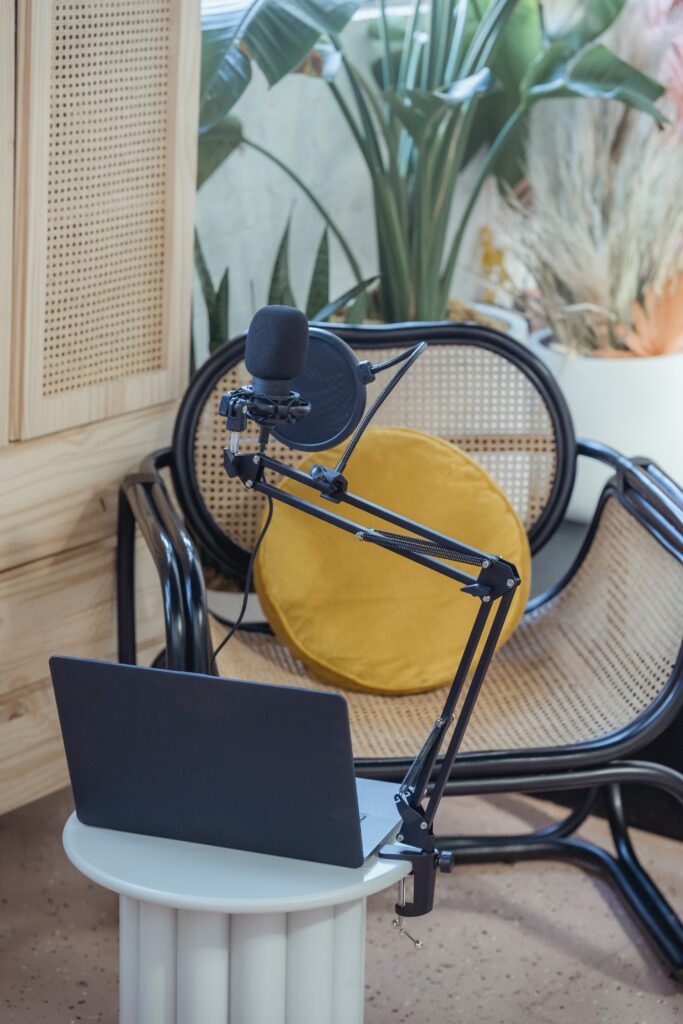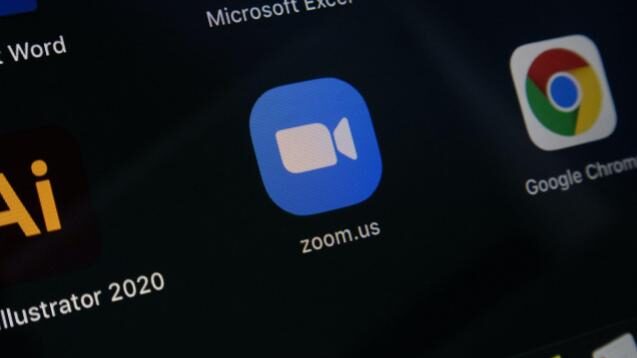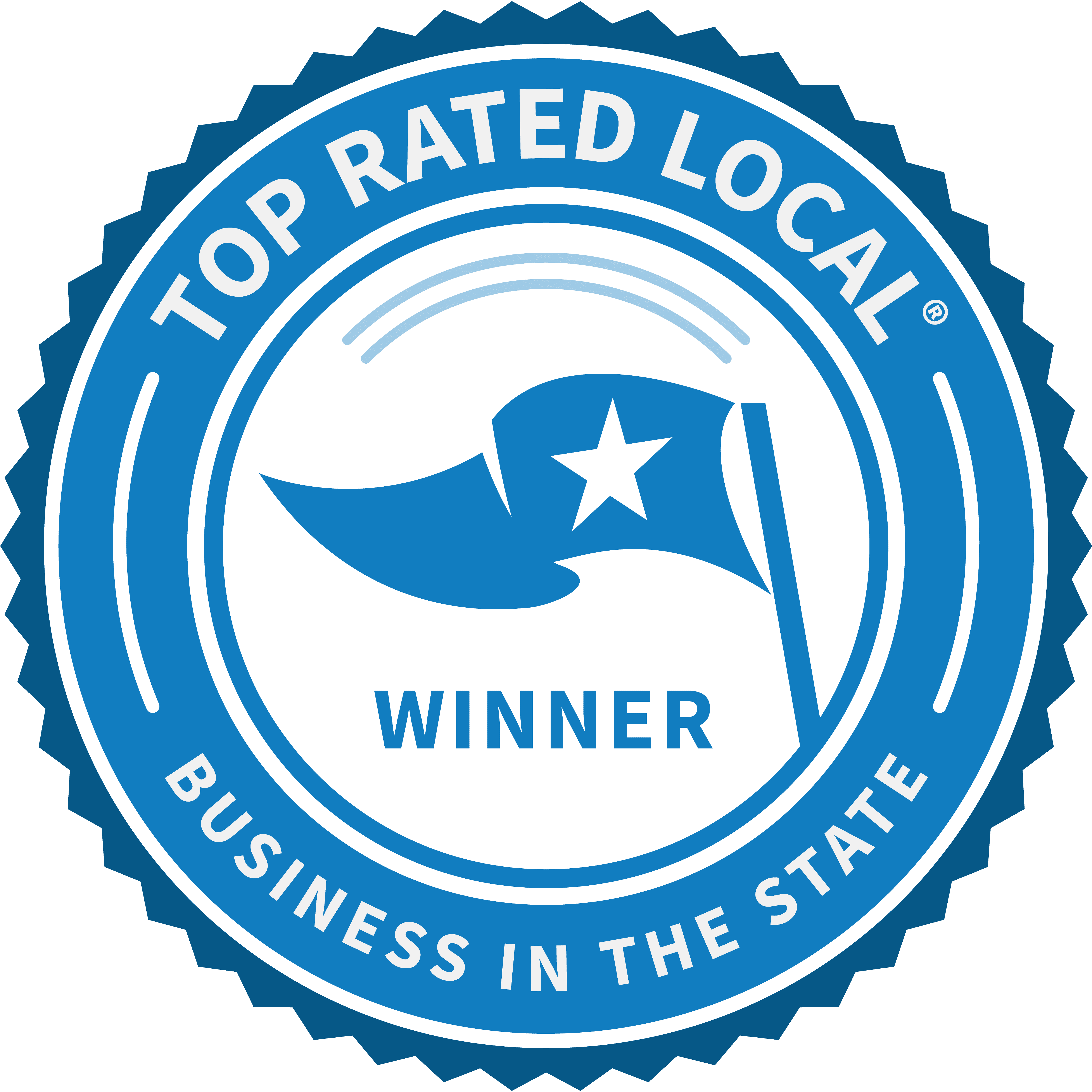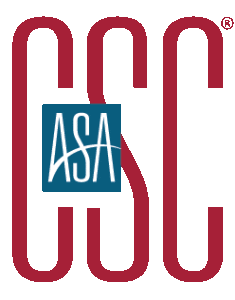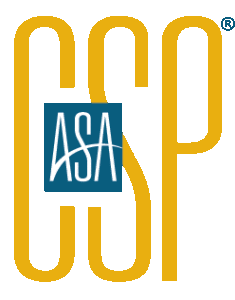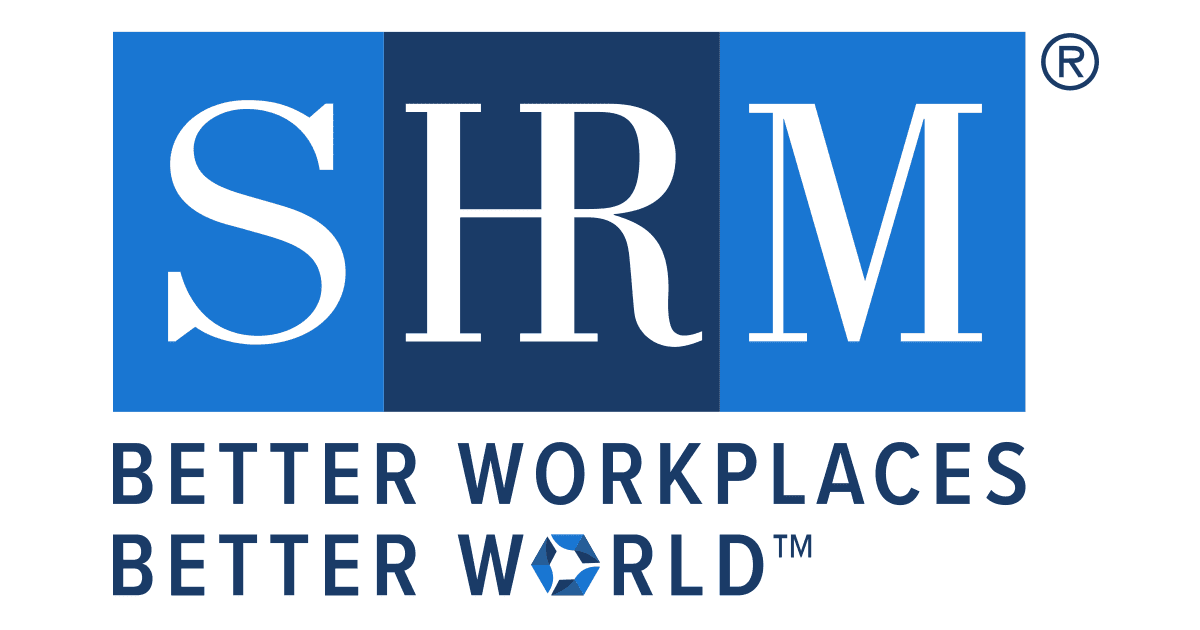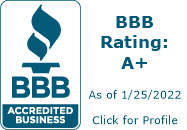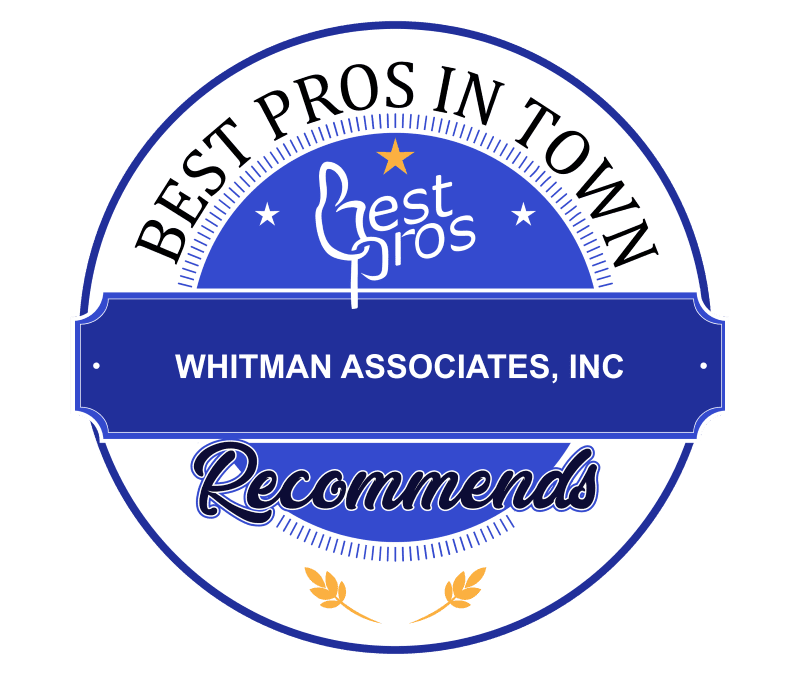
It’s that pivotal moment in a job interview. It seems that every job candidate waits on pins and needles for a single and inevitable question to be asked in the interview … that moment when the interviewer says, “So, tell me about yourself.”
This question strikes fear in the hearts of job seekers everywhere. In reality, the question is an excellent opportunity for job candidates to showcase their accomplishments and utilize their rehearsed elevator pitches. It’s a matter of choosing, adopting, and owning a strategy that highlights the candidate’s finest qualities, experiences, and goals with confidence — without coming across as arrogant. If you want to learn how to answer the “Tell me about yourself” question, explore our interview strategies from the experts at Whitman Associates today!
The Winning Answer Strategy
Are you facing a series of interviews with hiring managers who are eager to learn more about you via the disarmingly pointed “Tell me about yourself” question?
If you are, there is no reason to worry — you can handle this question and learn to market yourself with confidence and ease.
With the right strategy, this question becomes a breeze, alleviating stress, uncertainty, and self-doubt while giving you handy tools to help you communicate your important background information and desired professional traits. Use your “tell me about yourself” answer to share with the interviewer how you market yourself as essential to the position and illustrate what you bring to the table, further leveraging you as the perfect candidate for the role.
The Present-Past-Future Formula
Some time ago, recruiting professionals recognized the struggle that job seekers consistently face when they need to answer the “Tell me about yourself” question. Over the years, the present-past-future formula has become a leading strategy for marketing yourself in interviews and is recommended to earnest job candidates by hiring professionals.
The formula is perfect because it provides you with a simple, three-part “script.” It is concise, comprehensive, easy to remember and sure to fill you with confidence — which is often more than half the battle.
Most importantly, this strategy gives recruiting managers a panoramic image of who you are, how you work and what your goals are — especially related to their organizational needs — in a succinct three-point snapshot.
Crafting Responses: Strong vs Weak Answers
Strong Responses
Take a look at these strong present-past-future sample answers to the “Tell me about yourself” question to get an idea of how you might think of marketing yourself in interviews:
- Strong Example 1 – “I currently work as the office manager for a small business with a staff of 30. The whole team is fantastic, but I feel like I’m ready — and incredibly eager — to take on a bustling office environment. Considering you house 150 employees at this location alone, I think this is the perfect place for me to up my game and move into the next step in my career.”
- Strong Example 2 – “After obtaining my communications degree, I set my sights on a career in public relations. While searching for the perfect job, I worked as a server for a catering company where I made many great connections, including my last employer that owned an advertising agency. Although I have learned the finer points of marketing and advertising at my current position, I crave the experience of shaping public personas and managing talent’s image. I believe I could become a solid and reliable asset for your local media and sports clients.”
While the second example was not written in the official order, it still hit all the same points of present, past and future. Mix it up, but make sure that your “Tell me about yourself” answer is something you can easily respond with because it has been so well-rehearsed as you practice marketing yourself for your interview.
Weak Responses
A weaker answer to “Tell me about yourself” might look like the following:
- Weak Example 1 – “I have worked at my current job as a receptionist for three years and have built some good relationships. I learned a lot, too. In my spare time, I paint in watercolors and am a long distance runner. I think I can easily learn the ropes here and help as an executive assistant.”
- Weak Example 2 – “I work well without supervision and I do a lot for others. I’m interested in a promotion to an Executive Assistant role because of my experience.”
These answers do not work well for a number of reasons — one of them is that the answers come across disjointed, unorganized and lacking enthusiasm. The speaker fails to effectively market themselves and the interviewer might question whether they know how to prepare well or if they simply did not want the job if answering a question this way.
Do You Need Help Marketing Yourself for Important Job Interviews?
Do you feel like your ‘Tell me about yourself’ answer in job interviews sounds a little robotic, uncertain or insincere? If you’re having problems with any phase of the interviewing process, our recruiting team at Whitman Associates is here to help hone your skills. We’re happy to sit down with you to focus on marketing yourself as a candidate and interviewing techniques to ensure you have custom responses and strategies tailored to your personal strengths and weaknesses while helping you avoid any pitfalls.
Contact us via phone or email today to set up an appointment to talk about interviewing issues, any of our listed jobs that interest you or whatever else we can do to help you land your dream role.



